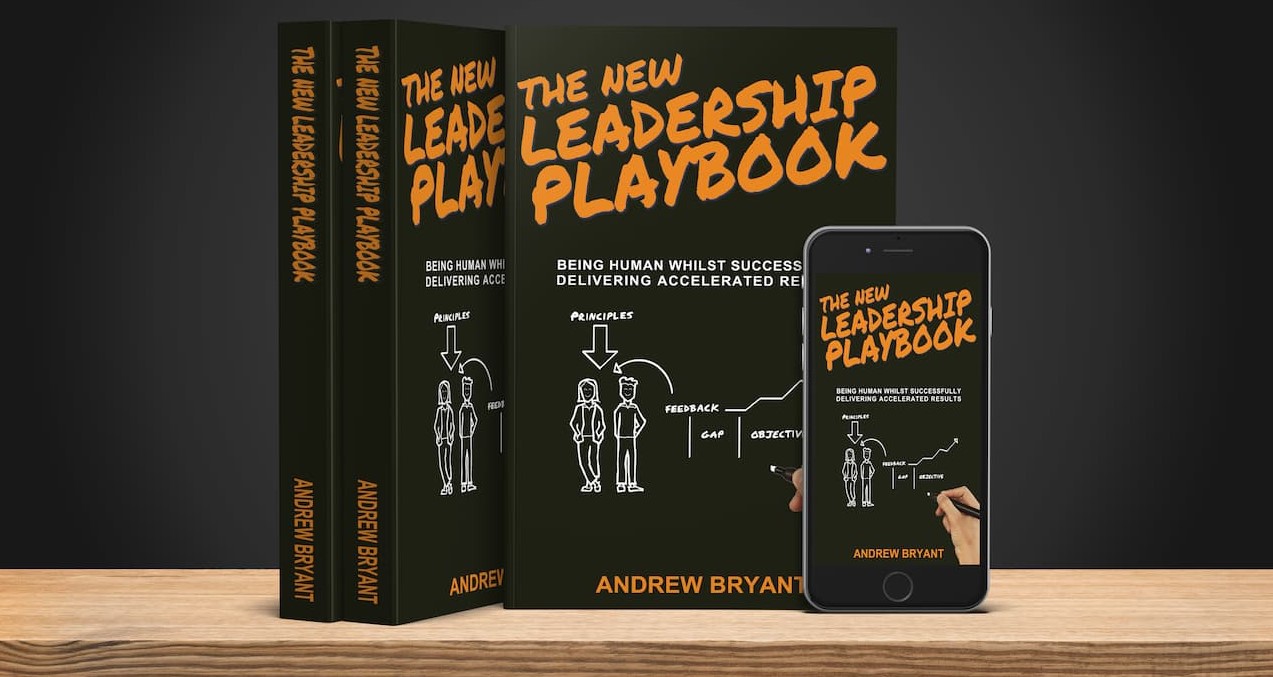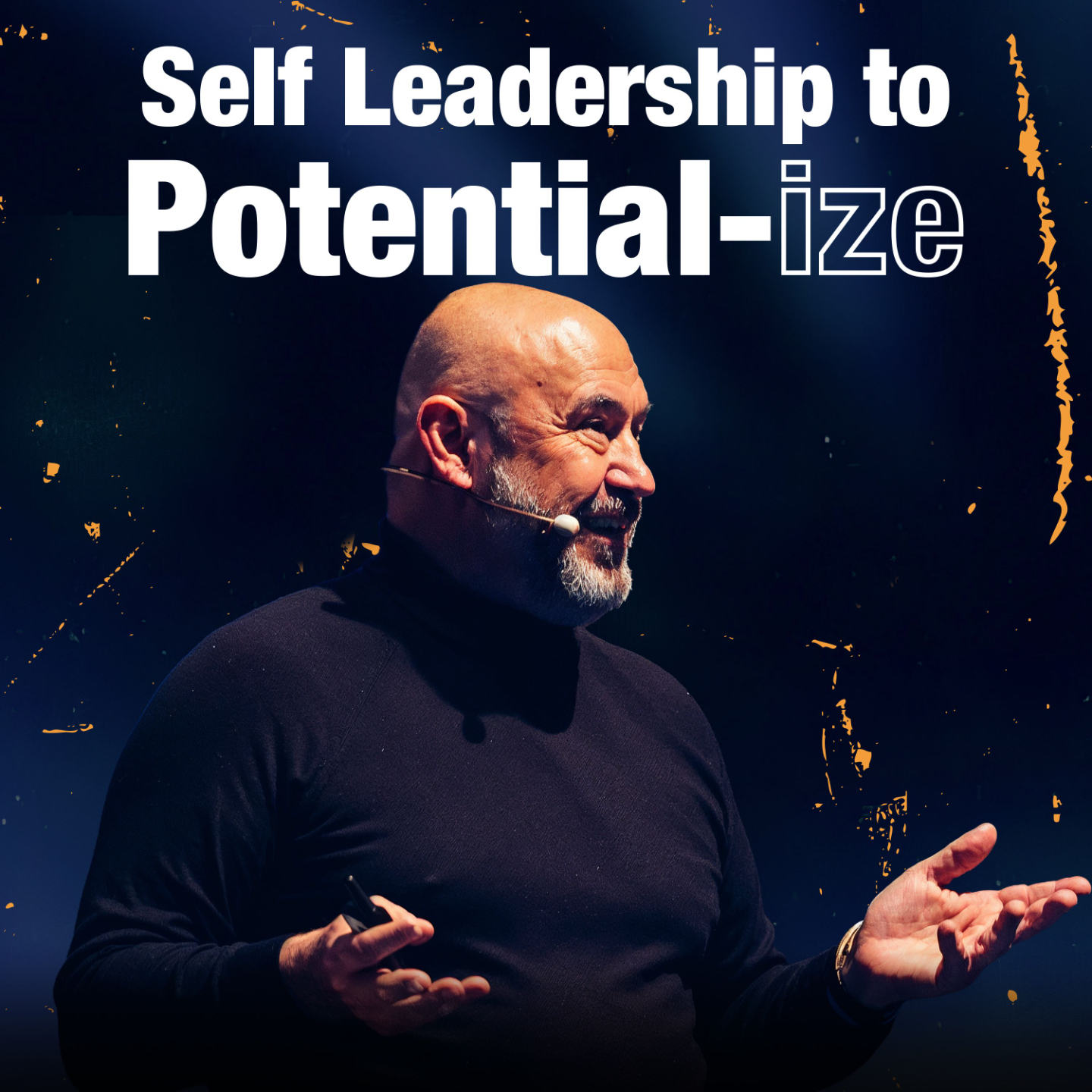
7 Behaviors for Effective Leadership
May 20, 2022If you Google the term ‘leadership’, you get 2.2 Billion results! And, the definition doesn’t help much:
“Leadership is the action of leading”
– well that’s deep! And the synonyms include; authority, control, and management - all of which are at odds with many modern descriptions of effective leadership.
“There are almost as many different definitions of leadership as there are people who have tried to describe the concept” (Bass, 1990)
I love this quote, partly because I myself am an author and keynote speaker on the topic of leadership, and because it highlights that to understand leadership, you have to consider the context.
Why Leadership?
Wait a moment. Before we decide on a definition of leadership, let us first ask, “Why Leadership?”
We need Leadership because the World is Complex and Changing Fast. You’ve probably heard the term VUCA. VUCA is an acronym coined by the US army and stands for Volatility, Uncertainty, Complexity, and Ambiguity.
We live in a VUCA world where the accelerating rate of change creates volatility. Organizations and individuals are experiencing a significant increase in uncertainty, due to this volatility and often feel overwhelmed and confused by what is going on in terms of politics, the economy, and the environment. This sense of overwhelm is increased by the amount of complexity that we face in just making the most basic of decisions; with this complexity comes the need to deal with ambiguity where any decision is only right depending on your perspective.
In the past, if your business or your job was stable, there was an emphasis on management. But now with increasing disruption, we need leadership to innovate new ways of doing things.
I remember, as a child, watching a black & white TV in the school gymnasium as Neil Armstrong walked on the moon. Even as an adult, seeing the massive Saturn V rocket, up close at the Kennedy Space Center, was awe-inspiring. I marveled at the commitment to innovation fueled by President John Kennedy’s (JFK) leadership promise to put a man on the moon.
JFK understood leadership and famously stated:
“Leadership and learning are indispensable to each other.”
As leaders, we need to be continuously learning. But what and where to learn? Singapore’s first Prime Minister, Lee Kuan Yew, had an interesting view:
"I do not yet know of a man who became a leader as a result of having undergone a leadership course."
So much for MBAs! And maybe I should be out of a job? But wait – he’s got a point. Leadership frameworks are helpful, but unless we practice and adjust our leadership behaviors in the real and changing world - we will likely be ineffective.
But aren’t great leaders born not made?
Consider great leaders; Churchill, JFK, Gandhi, and Mandela. Such leaders have character traits such as – Initiative, Courage, Intelligence, and Humor. These traits are likely to be innate, and so therefore leaders are born not made! Or so the argument goes.
The problem is that this argument is working backward and assuming causation. It ignores, situations and environments that stimulate individuals to develop leadership. This argument also perpetuates the bias that leadership traits are those closely associated with being male. Attributes such as empathy, understanding, and collaboration are largely ignored.
In addition, traits can only be inferred through behaviors (Dr. Paul Englert 2006), and behaviors are mostly learned and so leaders are, most definitely, developed.
Leadership Development
Leadership is about learning and leadership is about growth -
Growth requires both challenge and support. If we are supported but not challenged, we will stay in our comfort zone. If we are challenged but not supported, we are likely to be overwhelmed and retreat.
With the appropriate amount of challenge and support leaders develop autonomy (self-leadership) with a willingness to experiment and collaborate.
These qualities are required to meet the organizational requirements of leadership”
“Leadership from an organizational perspective could be considered as a social influence in an organizational setting in order to achieve organizational goals” (Saal & Knight, 1995)
7 Leadership Behaviors
So, in redefining leadership we need to consider what behaviors are required of a leader to exercise this ‘social influence’.
My research suggests that these include but are not exclusive to:
- Seeking feedback on own strengths and areas for development, then making adjustments (Self Leadership)
- Projecting confidence, gravitas, and poise under pressure (Executive Presence)
- Considering multiple perspectives, analyze and come to a conclusion (Critical Thinking)
- Creating a personal brand and wide social network (Personal Branding)
- Listening for frames of reference, such as values, and using these to create buy-in for proposed initiatives (Influence without Authority)
- Framing the culture’s values and vision through narratives and examples (Storytelling)
- Developing subordinates through coaching and mentoring (Succession)
The advantage of defining leadership by behaviors is that these can be observed and measured in the workplace or in a development center. When leaders develop and demonstrate these behaviors they create a culture where staff can in turn develop themselves to perform. All of which leads us to the quote:
“The purpose of leadership is not to create more followers, but to create more leaders.”
The New Leadership Playbook - Being Human whist Successfully Delivering Accelerated Results
If you are a leader or manager in this post-pandemic world, you know that there’s more to being effective than just being good at what you do. To be successful you will need to be human, to effectively lead in a digitally disruptive world.
The New Leadership Playbook was specifically written to address the needs of leaders and organizations who needed to know how to do this.
This has been described as a 'book for our time' and I trust that you agree.

Lorem ipsum dolor sit amet, consectetur adipiscing elit. Cras sed sapien quam. Sed dapibus est id enim facilisis, at posuere turpis adipiscing. Quisque sit amet dui dui.
Stay connected with news and updates!
Join our mailing list to receive the latest news and updates from our team.
Don't worry, your information will not be shared.
We hate SPAM. We will never sell your information, for any reason.


